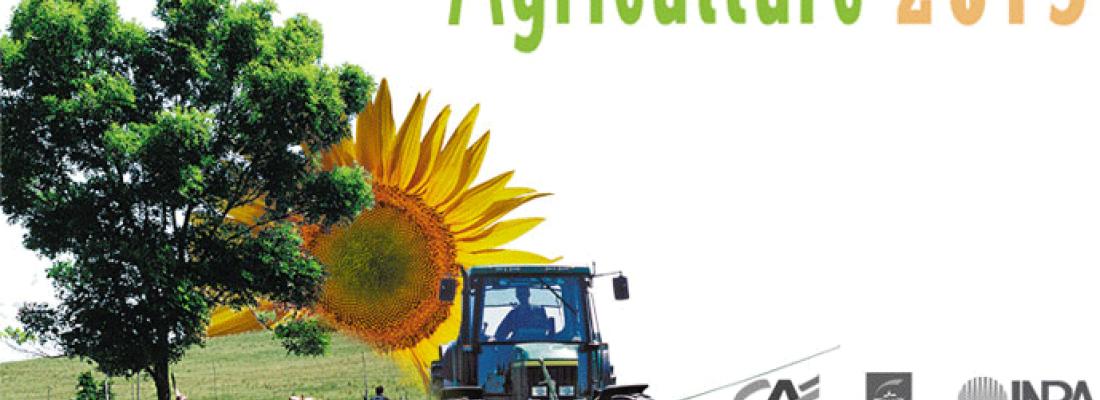Agroecology Reading time 2 min
Agriculture 2013 Foresight Study
Published on 17 December 2012

The Agriculture 2013 Foresight Study is a joint initiative led by Crédit Agricole, Groupama and INRA in conjunction with the 2008 CAP Health Check to provide insight into the future of French agriculture.
An original joint effort
The two-year project was launched in March 2003 and involved over 100 people: a steering committee, a panel of 15 experts, a team of 15 economist-modellers, 58 panel members on six different panels and a project team coordinator.
Experts established hypotheses on future trends in world demand, international trade regulations and agricultural policy. They then constructed scenarios by combining the different hypotheses. Effects of scenarios on agriculture, the agro-food industry and the environment were determined using both economic simulation models and the work of the panels of economic, social, environmental, health, processing and distribution experts.
Three scenarios
- Scenario I – "the walk”
Development of biofuels and continuation of 2003 CAP in a climate of slowed world economic growth.
- Scenario II – "the trot”
Stepped up CAP reform in a climate of sustained world economic growth and biofuel development.
- Scenario III – "the gallop”
CAP reform plus greater trade liberalisation in a climate of accelerated world economic growth and biofuel development.
Main conclusions
- The future of the CAP requires looking at the multi-faceted nature of agriculture: Need to at least distinguish between: major, annual crops, the future of which depends primarily on biofuel development; other vegetable crops; grazing animal production, which will be hit particularly hard by CAP deregulation; other animal products.
- The future of the CAP requires the definition of long-term goals and the identification of necessary instruments and resources.
- Given the weight of direct payments in income, aid reform must be gradual and accompanied by clear guidance from the current situation to ideal, long-term policy.
- There is a need to examine strategies and policies to manage risk and price volatility.
- It is important to recognize the environmental and regional impact of grazing animal production primarily based on grass.
Marion Guillou, former President of INRA: “This endeavour highlighted two major considerations: the importance of the international economic climate and the need to define the objectives of the Common Agricultural Policy prior to examining instruments. The upcoming challenge will be to produce sufficiently and sustainably while stabilising prices and supporting farming and agri-food activities in all regions".
Alexandre Gohin, INRA economist: “I have worked for several years on the CAP and the WTO but am surprised to see the extent to which world growth has affected the EU farming economy. The foresight study also revealed a need for more integrated models to better evaluate the environmental impact of scenarios".
